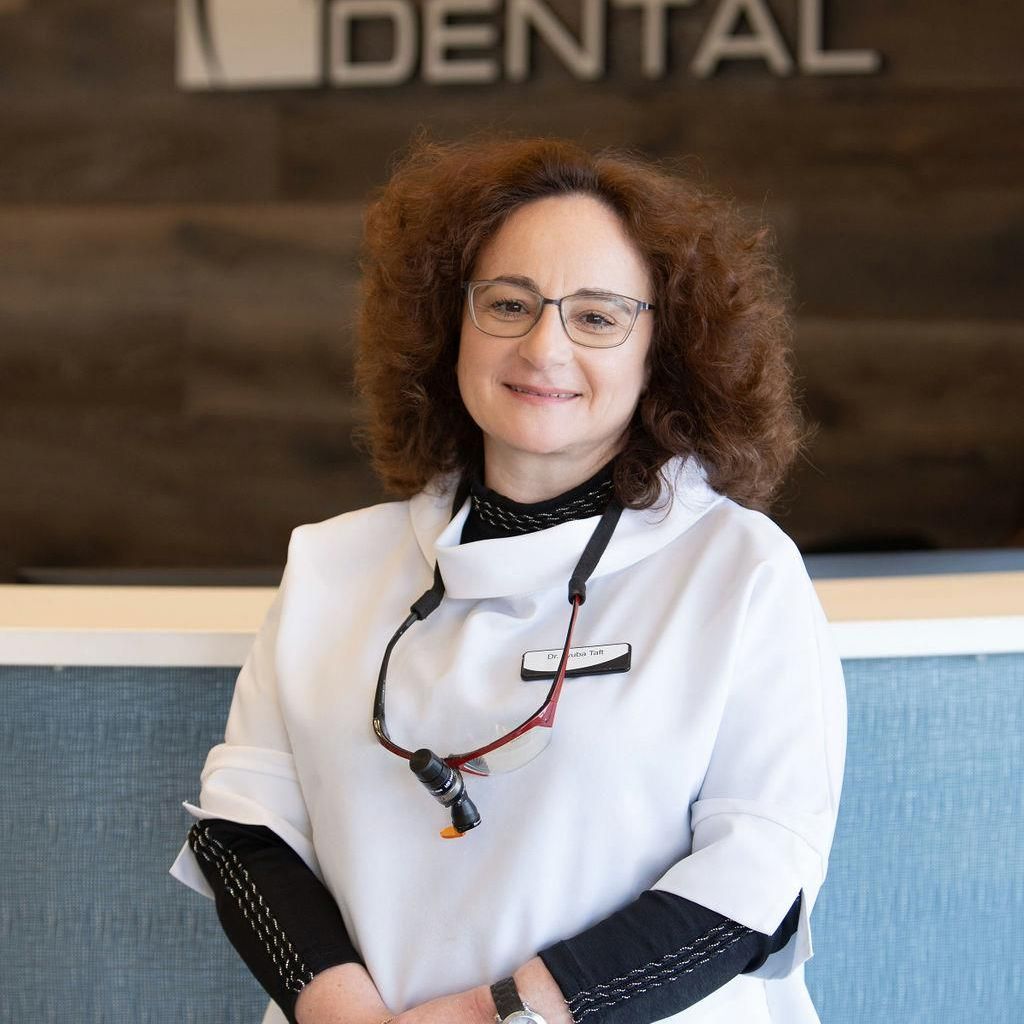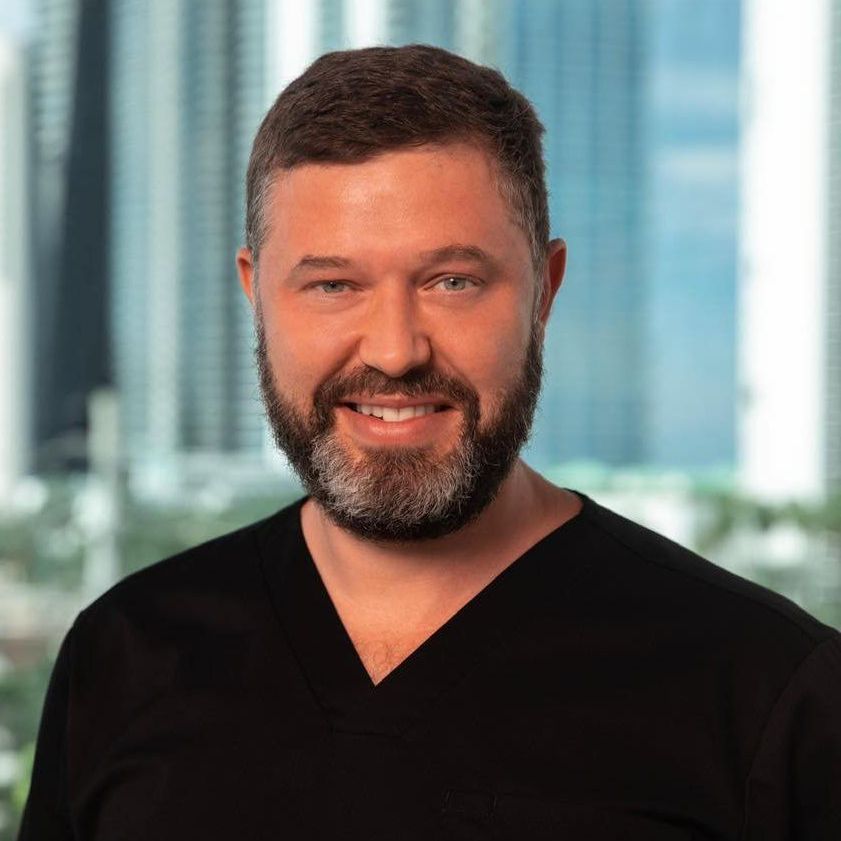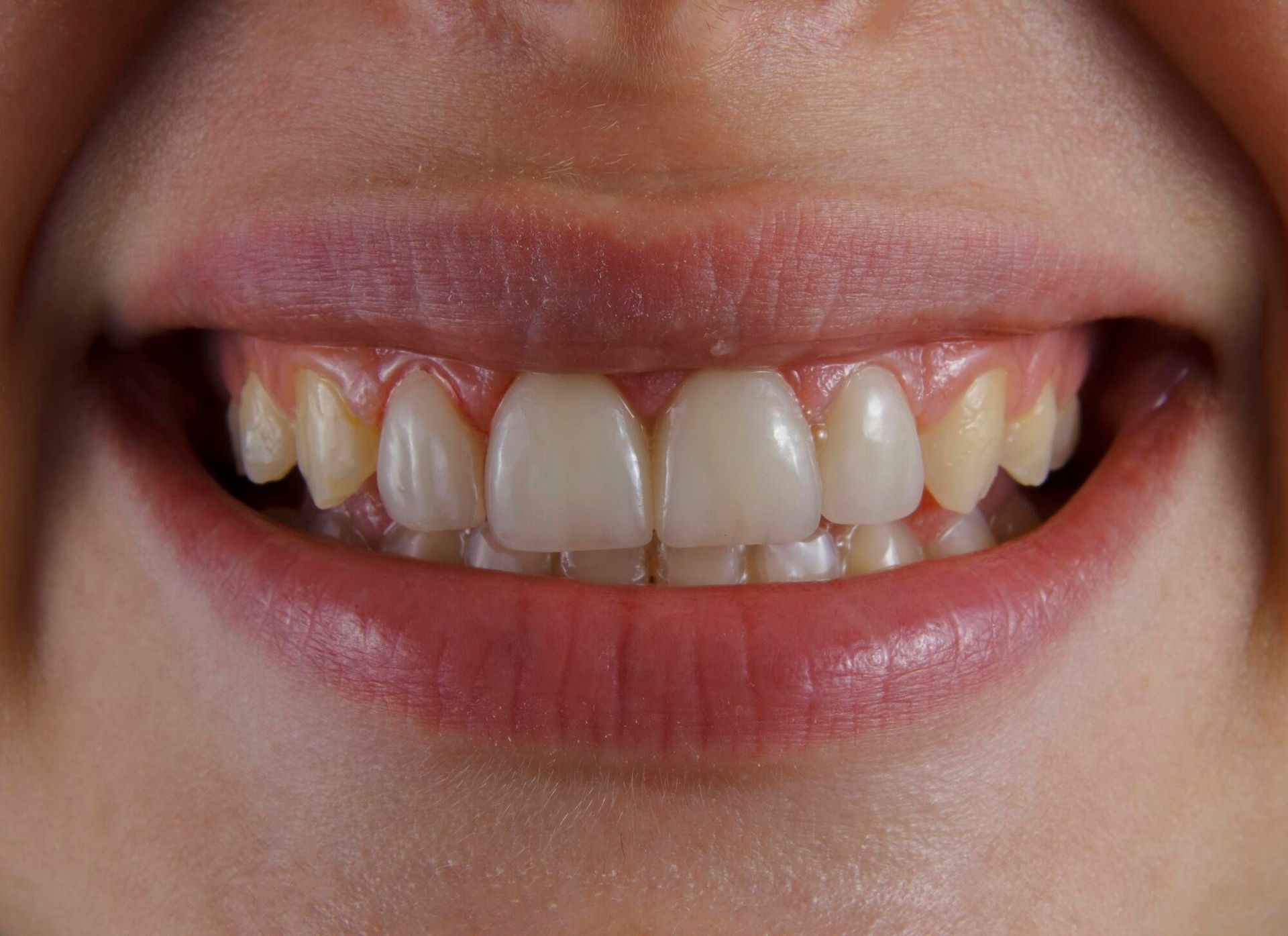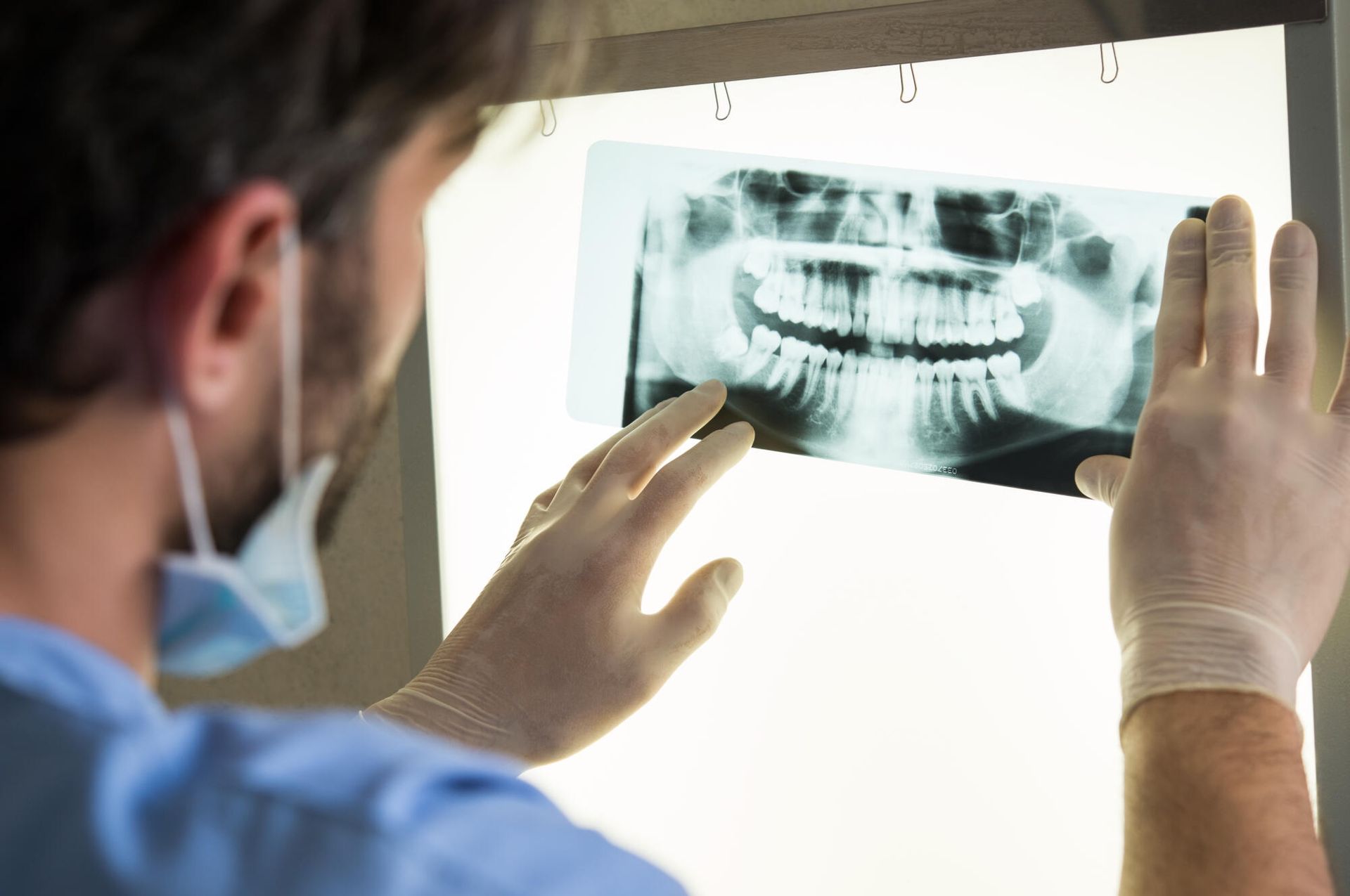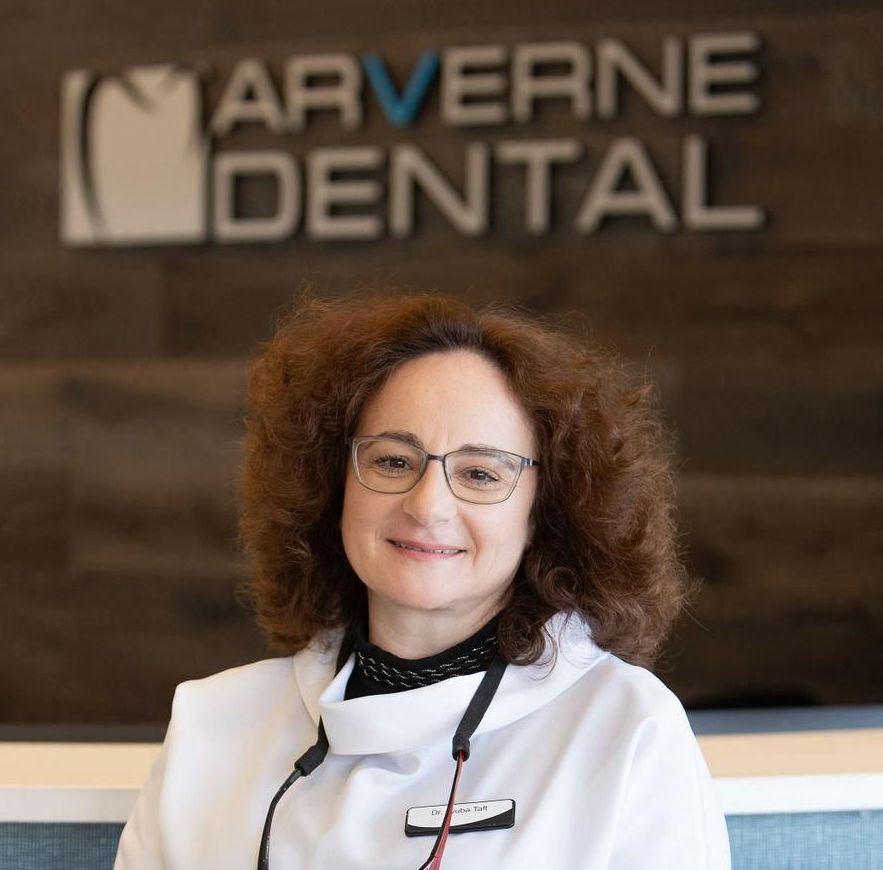A Guide to the Different Restorative Dental Services
It's likely you'll require restorative dental services at some point in your life. Learn about these procedures to know when to schedule an appointment.
Almost 60% of Americans are so embarrassed by their teeth that they cover their mouth when they smile. If this describes you, restorative dental services can help you feel confident in expressing joy again.
It's critical to understand the types of dental services available so you can come up with a personalized treatment plan. Read on to learn the basics of common restorative dentistry procedures.
Fillings and Crowns
Fillings are one of the most common dental restoration services in the US.
They're used to treat minor tooth decay like basic cavities. When a small cavity develops, the hole needs to be filled with composite resin or amalgam.
Fillings can be gold or silver, but they also can be white and match your natural tooth enamel. They're usually not even noticeable. They prevent toothache from the cavity as well as the need for more serious procedures later.
Dental crowns are another popular restorative dentistry procedure that treats more serious tooth decay. Unlike fillings, crowns require the dentist to take impressions of your teeth so that the crown can fit precisely over the damaged tooth.
After it's made, the crown is bonded to the tooth to cover and strengthen it. This lets you use the tooth again without experiencing discomfort and stops the damage from worsening.
This is important since you don't want decay to spread to the roots of your teeth and require root canal procedures.
Root Canals
Root canals become necessary when tooth decay spreads to the pulp of your tooth. Its aim is to save a tooth with bad damage rather than pulling it.
If you don't catch decay early enough for a crown, a restorative dentist will remove the infected pulp of the tooth. The professional applies a local anesthetic to reduce discomfort and drills a hole into your tooth. Then, special root canal files will remove the pulp before the dentist flushes the hole out using water with sodium hypochlorite.
They'll then reshape the tooth before filling and sealing it. This ensures that it heals quickly and correctly with minimal discomfort.
Some signs that you need a root canal include pervasive pain in a tooth that doesn't go away and temperature sensitivity. You also may experience intense pain when you bite down on things. In some cases, cracks and chips might appear on the tooth, which is a surefire sign that you need to act fast.
Implant Crowns
Implant crowns aren't the same as regular crown options. They're intended for those who have already lost a tooth and want a functional, natural-looking replacement.
Note that implant crowns aren't meant for those who have to replace many missing teeth. They're for those who have one or two missing in their mouth. The aim is to fill in gaps, not to fully reconstruct your smile in the manner of dentures or full-mouth reconstruction.
During this procedure, an experienced dentist will install an implant that fits the gap in your natural teeth. They'll take an impression of your mouth and shape the implant for a precise and seamless fit. Once it's installed, they secure the tooth with a cement-retained or screw-retained crown.
This keeps the implanted tooth protected and functional. You won't need to worry about it chipping or cracking because the crown holds it in place.
Bridges
Dental bridges are another way that you can replace missing teeth. They replace a lost tooth, though they don't emerge from the gums as a natural tooth or implant would. However, they're often less expensive and the procedure is less invasive.
Bridges consist of artificial teeth that bridge gaps in your smile. They're generally the preferred reconstructive method for those who are missing multiple teeth in a row.
The artificial teeth are generally secured by crowns that fit over your natural teeth on either side of the bridge. This keeps it in place and lets you chew properly without fear that your teeth will fall out.
Most people have crowns securing both sides, but some people choose to only have one if they only have natural teeth on one side of the gap. These are called "cantilever" bridges. They're not as strong as traditional options, but they're necessary for those replacing their back teeth.
Dentures
Dentures are, in the simplest terms, a set of prosthetic teeth. If all of your teeth are missing on either the top or the bottom, you can get dentures to restore your mouth's aesthetic and function.
There are multiple types of dentures available for dental restoration. Conventional dentures are supported by your gums and hard palate so that they stay in place. They're removable, so you can take them off to sleep.
Implant dentures can be removable, but they also are often permanent. These are ideal for people who want to feel that they have a natural smile again.
Suction dentures are a less invasive type of permanent denture. They're made to tightly fit the wearer's mouth and suction directly onto the gums. This makes them stay in place permanently so that you can chew and speak normally.
A professional in Rockaway Beach can consult with you and help to figure out the perfect denture type to meet your needs.
Full-Mouth Reconstruction
Full-mouth reconstruction is for those who have severely decayed teeth, most teeth missing, or advanced gum diseases.
Because these issues take so many forms, no two people's full-mouth reconstruction procedures will look alike. Some people will require dentures and implant crowns while others need root canals and bridges. The aim is simply to make your mouth look great and feel healthy again when there's a lot of work to be done on your smile.
The process improves your overall oral health so you don't need to worry about cavities and jaw pain. It also makes you more comfortable when chewing and speaking. Most people get natural aesthetics for full-mouth reconstruction as well, so your teeth will look as good as new even after serious damage.
Invest in Restorative Dental Services
Now that you know the basics of different restorative dental services, it's time to start feeling confident in your smile again. Arvene Dental is committed to offering high-quality treatments including crowns, bridges, fillings, and full-mouth reconstruction.
Our practice has over 20 years of experience and is excited to assess your individual needs to come up with a unique care plan. Contact us with any questions about our techniques and schedule an appointment with our professionals.
Dr. Lyuba Taft
General Dentist
Dr. Baruch Tetri
Periodontist
Dr. Mike Lee
Endodontist



